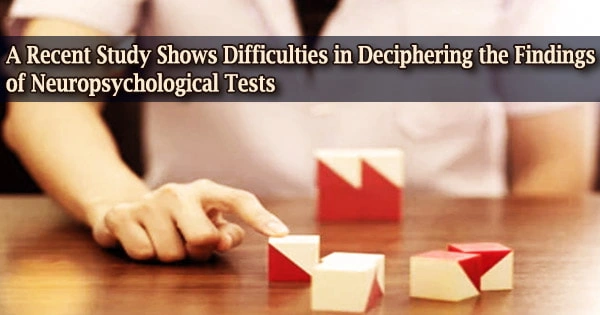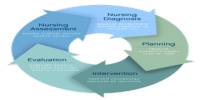Sneller and colleagues compared 189 patients who had recovered from Covid-19, many of whom reported symptoms of Long Covid, to a control group of 120 individuals who had never received Covid-19 in a study that was published this week in the Annals of Internal Medicine.
According to the study’s authors, there was no difference between the groups on neurocognitive measures of memory, executive functioning, and processing speed. Although I’ll concentrate on cognition testing in this post, it’s interesting to note that the authors did not discover any differences between groups in numerous physical and immunologic tests.
The lack of group differences in cognition testing appears surprising at first look. A fraction of people experiences ongoing cognitive challenges, according to a growing body of study on Long Covid.
Why was that not found in this study?
The Scope of Neurocognitive Tests
It’s helpful to first comprehend what neurocognitive tests are in order to respond to these queries. A patient or study subject is required to “perform” or “show” cognitive skills during neurocognitive (or neuropsychological) tests, such as problem-solving, learning and remembering a list of words, or quickly responding to some targets while ignoring others.
Numerous healthy people in huge groups have undergone these examinations. The determination of whether a particular patient’s or study participant’s neurocognitive test score is “normal” or “abnormal” is then made in comparison to the typical performance of that sizable group of healthy people.
Unfortunately, this method can lead to a “one size fits all” definition of (ab)normality that neglects to take into consideration the pre-illness cognitive function of each patient or research participant. What appears to be a normal or typical test score after Covid-19 can actually signify a severe drop for that person if their pre-illness functioning was greater than the average.
Another study that was published in the European Journal of Neurology emphasizes the significance of taking pre-illness functioning into account. Prior to the Covid-19 epidemic, the researchers examined a group of people in Ecuador who underwent yearly cognition testing.
Therefore, the researchers had individual pre-Covid assessments of cognitive performance to contrast with test results following Covid-19. The findings demonstrated a small but substantial drop in cognitive test scores from pre-sickness to six months after the illness in those patients who developed and recovered from Covid-19.
The change from the pre-illness test score did not occur for those subjects who had never received Covid-19. (In good news, these investigators discovered that the deterioration at six months had largely reversed at one year following the illness when they conducted a follow-up cognitive exam.)
Unlike the Ecuadorian cohort and like the majority of research, the Sneller study did not examine participants’ cognitive abilities prior to illness. However, proxy methods can still be used to estimate pre-illness cognitive ability in the absence of baseline testing.
Tests of vocabulary, word reading, or “crystallized” knowledge are frequently used to do this. These tests can be helpful in providing estimates of a person’s pre-illness cognitive function because they normally do not change with illness or disease. Such measures could have provided the Sneller et al. group with a more customized benchmark for comparing participant performance on neurocognitive tests, but they chose not to use them.
The Sneller study also reveals a bias present in the planning and analysis of cognitive research: the preference for and perception of performance-based neurocognitive assessments as more “objective” or “genuine” data over participant reports of their personal experiences.
Patient-reported outcomes, also known as PROs, are a more recent assessment type that are thoroughly validated and offer valuable, additional data about cognitive performance outside of the confines of the laboratory setting.
The Importance of Study Design
While daily life has a lot more information to keep track of and a lot more interruptions, neurocognitive tests are normally conducted in quiet, distraction-free study rooms or labs. In the real world, minor flaws in neurocognitive tests that are conducted in ideal lab circumstances can have a significant influence.
PROs, which were mostly lacking from the Sneller study, could have improved their characterization of cognitive function. A glaring omission was the lack of a patient report on cognitive tiredness, a symptom of Long Covid that is very common.
A thorough evaluation should also include physiological measures of brain function, such as functional MRI or electroencephalography, which can identify subtle changes in the brain and cognition.
In the mainstream media and on social media, the findings of Sneller et al. are starting to gain some traction. But I am concerned that the study may reinforce a propensity to discount the experiences of those with Long Covid by failing to take into account the limitations of how cognition is measured.
In conclusion, we should constantly keep in mind that using just one technique or method to assess cognitive function may only provide us with a partial understanding of what it is to have Long Covid.
















